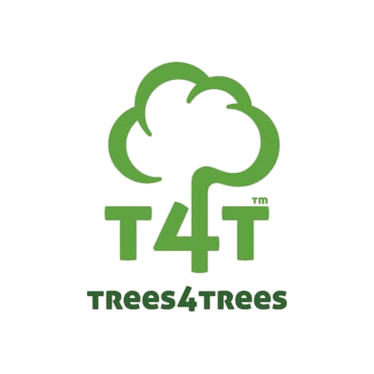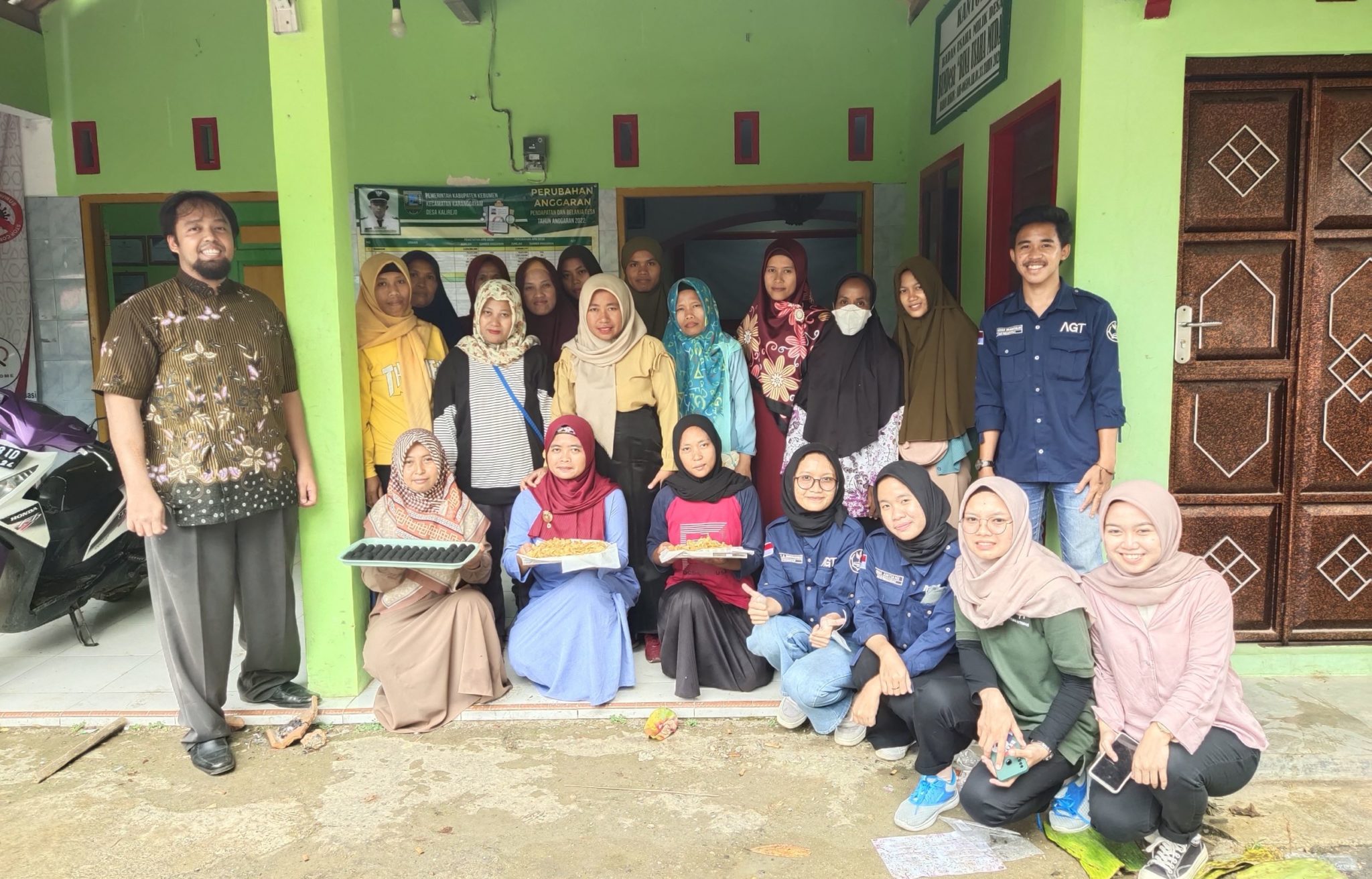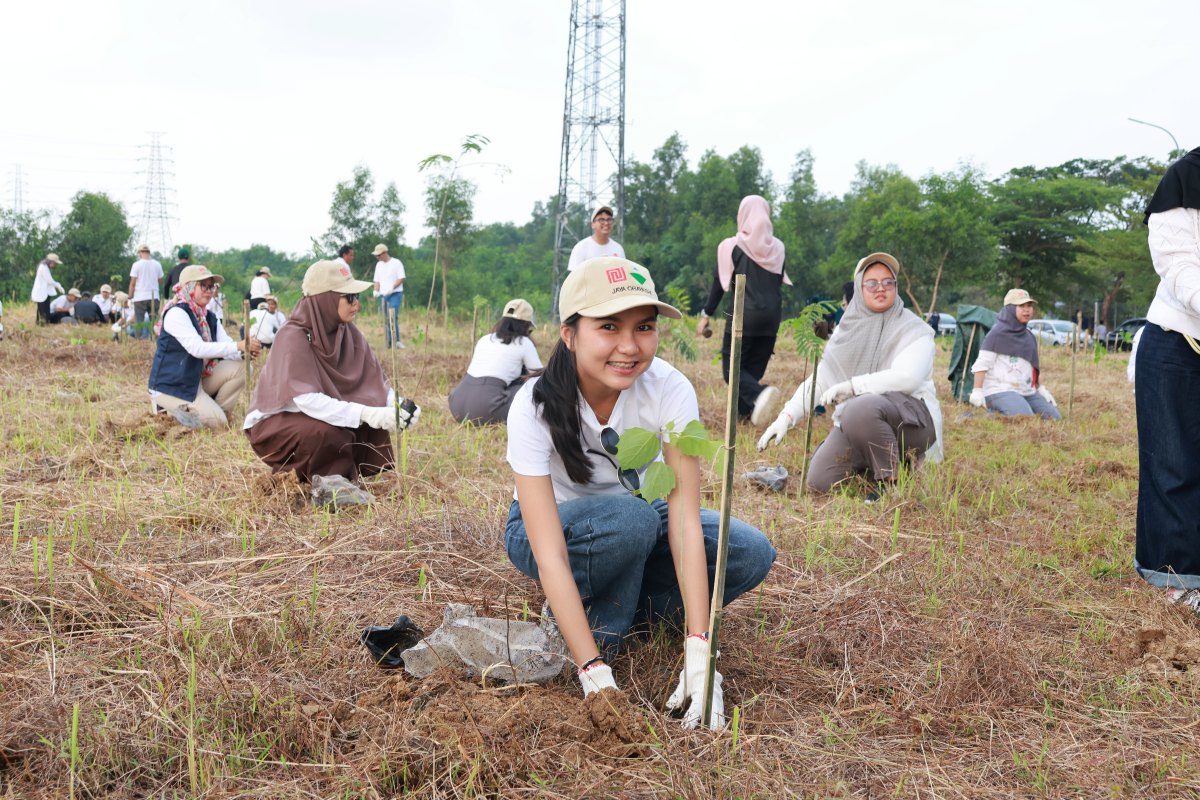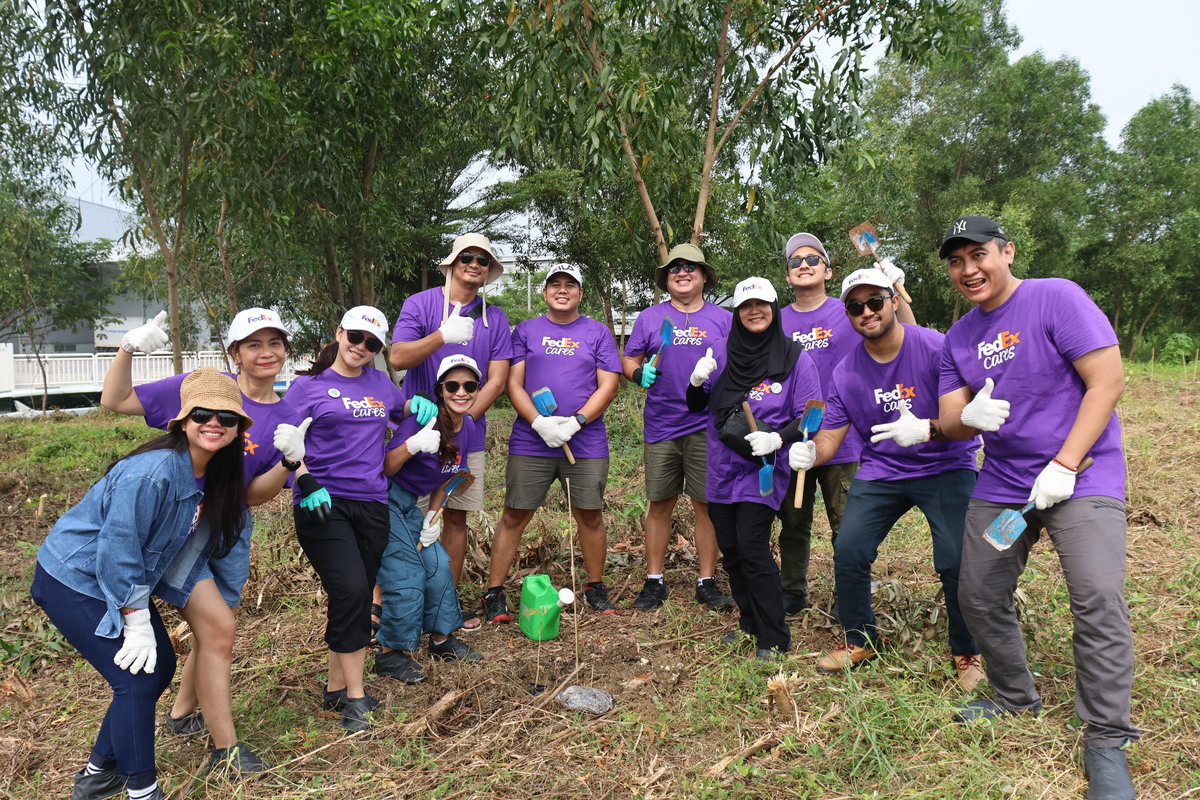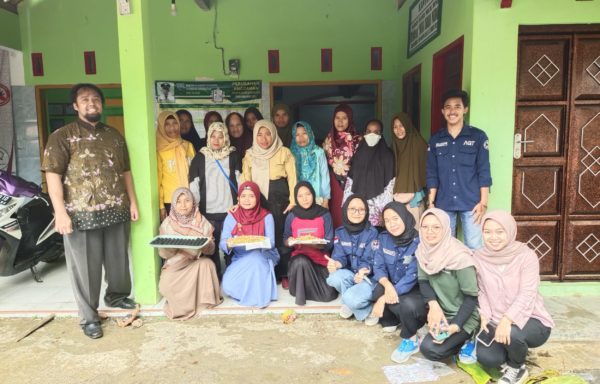
In Central Java province, particularly in Kebumen regency, not only men work as farmers, but also women. Some women in the regency work in the field to support their husbands who are farmers. Some of them also work as farmers because of their role as the backbone of the family. They fulfill their main responsibility to meet the family’s needs through farming activity, then sell the results.
As part of Tree HK’s support to women farmers involved in the tree planting program, recently, Tree HK and Trees4Trees held training in Kebumen regency, Central Java. The training was conducted in two villages, Gunungsari and Kalirejo, where both locations are the tree-planting areas with the support of Tree HK.
Related to the workshop, Trees4Trees and Tree HK delivered two different topics in two days. Despite the training being more focused on women’s empowerment in the household economy enhancement, men were also welcome to join.
Household Economic Management Training
A woman is a pillar of a family’s financial management. However, it is important for women to know how to establish a good family economy. Considering the importance of this, Tree HK and Trees4Trees conveyed household economics management as one of the training topics.
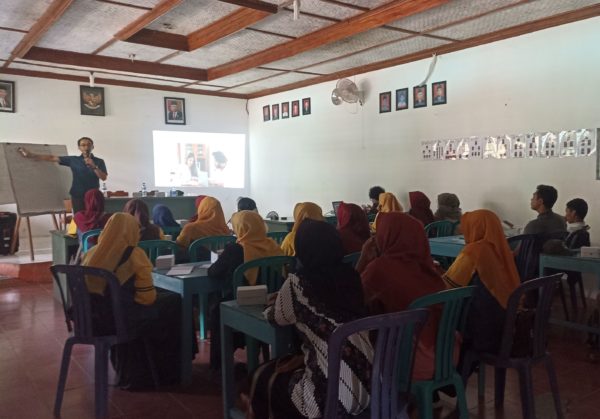
Muhamad Haris Maknun, a Lecturer of the Faculty of Industrial Technology, Nahdlatul Ulama University, Cilacap lead the training. A group of women farmers and representatives of the Family Welfare Movement with a total of 35 people participated in the event. In this workshop, the speaker shared knowledge on how to manage the household economy with good family financial management for achieving the family goals. The workshop session also allowed the participants to share their experiences on how they manage their daily household expenses and income in a forum. They shared with each other and discussed finding solutions for the household challenges they encountered.
Bio-briquette Making from Corn Wastes Training
The second training topic was to utilize corn waste and corn post-harvest processing. The corncob is the part where the kernels attach. This part is often considered to be of no use and most farmers throw it away. This is commonly found in many corn–producing areas, including Kalirejo Village. For this reason, Trees4Trees and Tree HK conducted training on how to utilize corn waste and change it into bio-briquettes. This training topic was determined as it is easy to be applied as well as easy to find the raw material.
Arif Prashadi Santosa, a Lecturer of the Faculty of Agrotechnology, Muhammadiyah Purwokerto University lead the training which participated with about 25 participants. The training encouraged farmer participants to use the technology of bio-briquette making as an alternative source of their income.
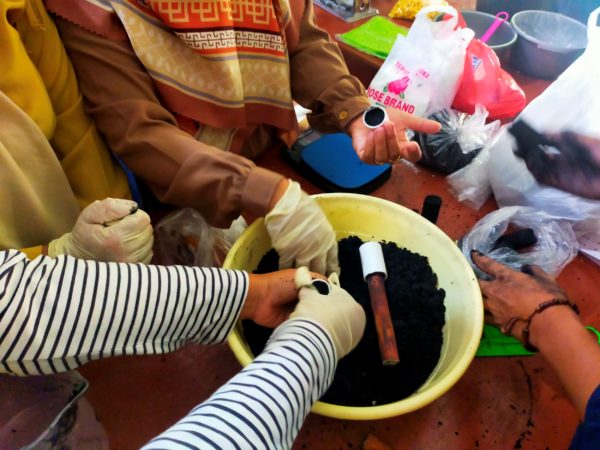
The training discussed the raw materials, procedures, and advantages of charcoal briquetting, and the marketability of bio-briquettes. The process of charcoaling was also demonstrated using corncobs.
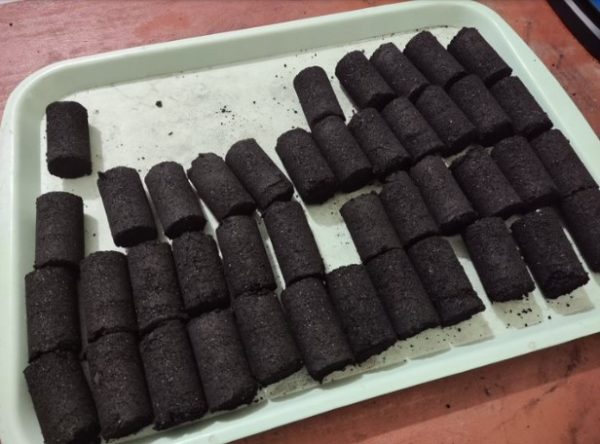
“Corncob is a potent raw material for briquette production as it has high heating value. The bio-briquette-making technology is an alternative source of energy for cooking and heating,” Arif Prashadi Santosa, the Training Coordinator said.
The participants said the skill of bio-briquette making they have obtained from the training would be useful in their community as it could be a new source of income and meet the existing needs for fuel.
